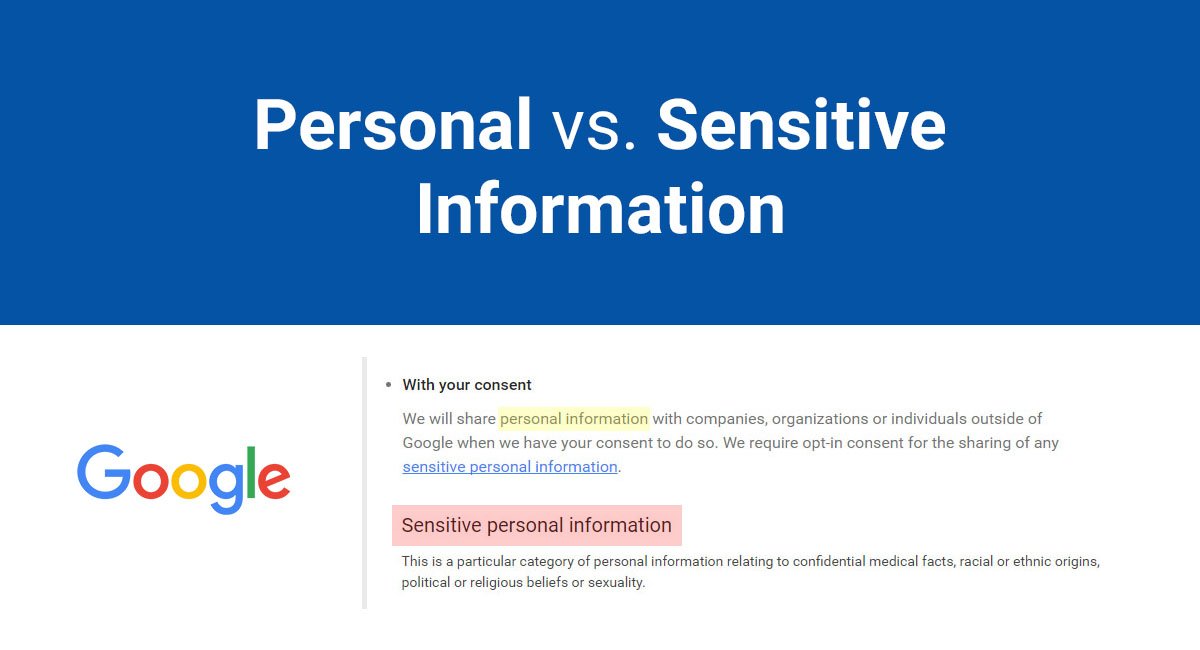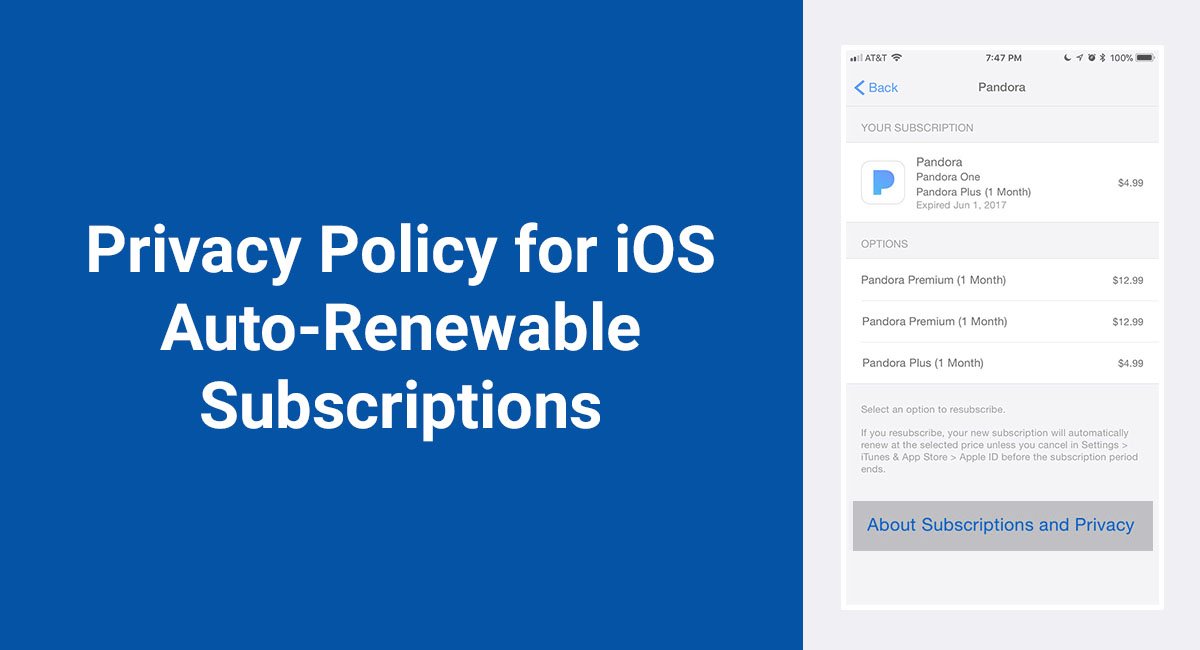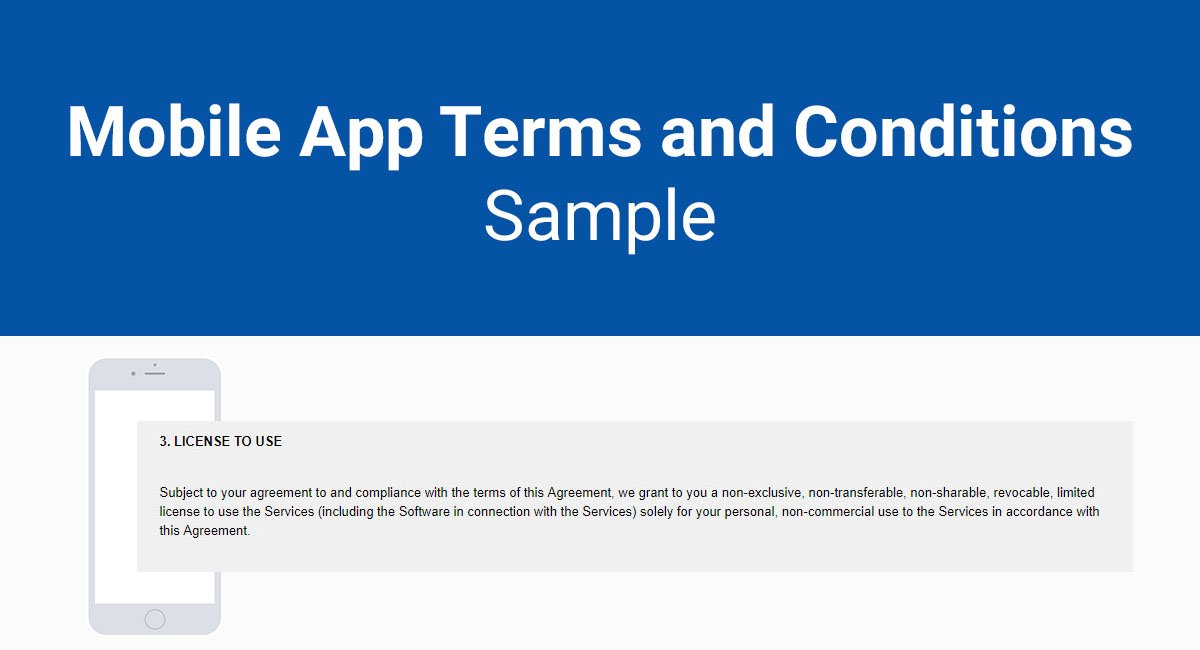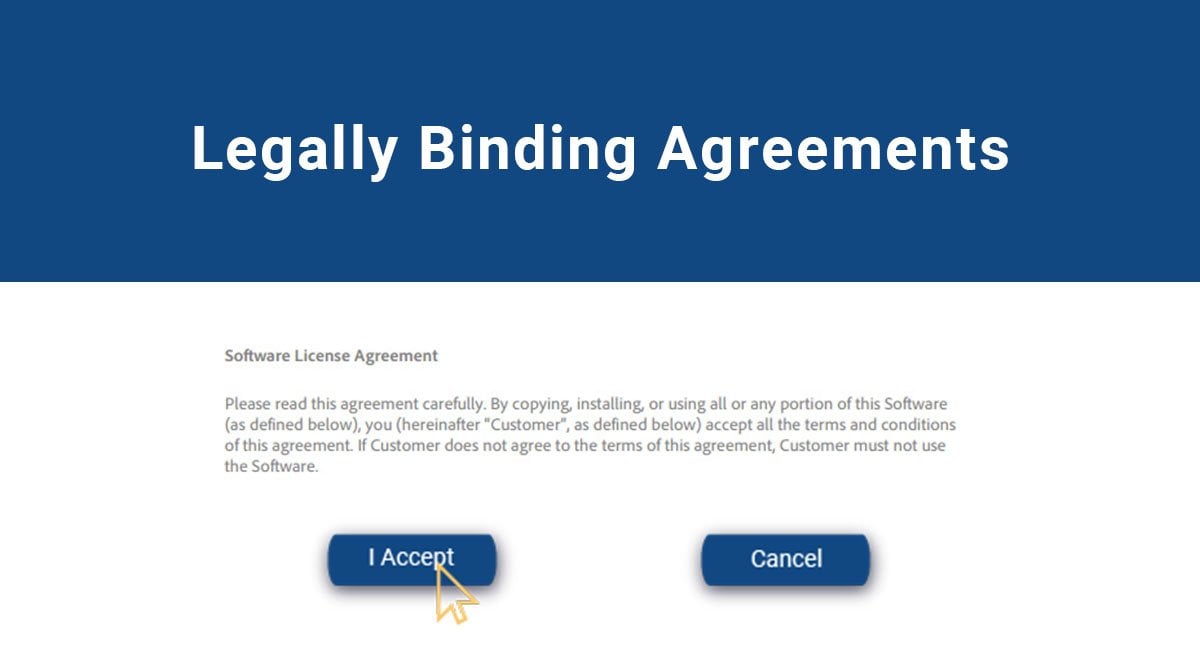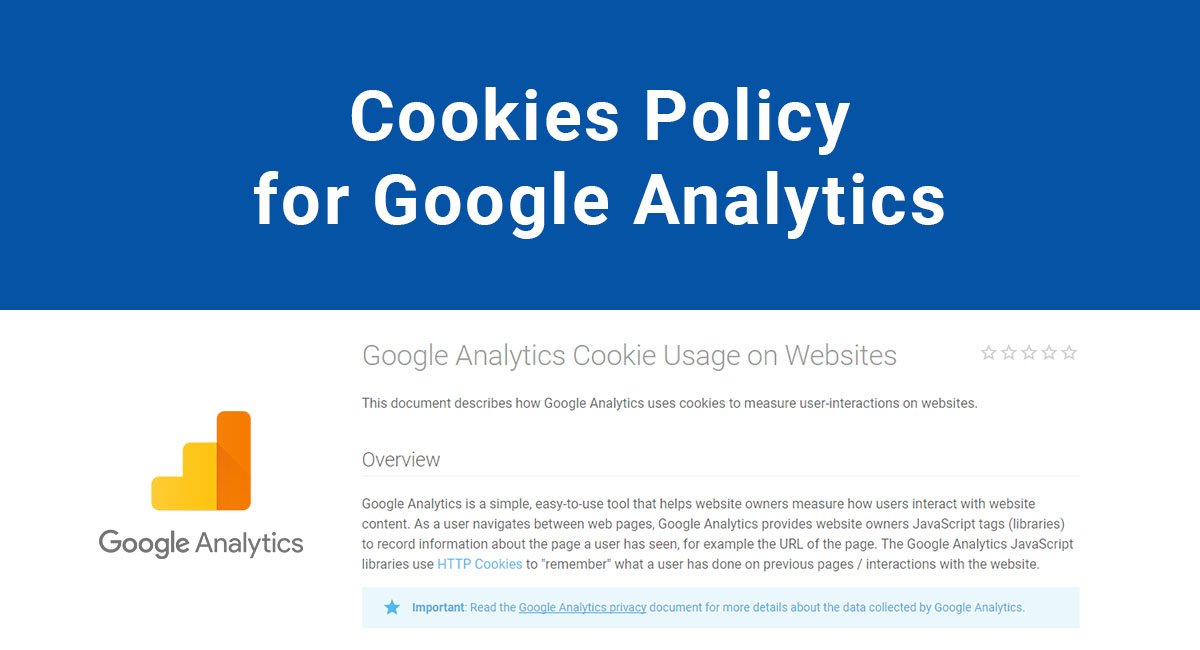Blog - Page 32
Legal articles in easy to understand language.
Personal vs. Sensitive Information
The differences between personal and sensitive information are very subtle. While the accidental disclosure of either type of data will cause fear and inconvenience, the impacts arising from revealed sensitive data are particularly grave. Australia, the EU, and the UK all recognize this fact and have designed privacy laws to give...
Privacy Policy for iOS Auto-Renewable Subscriptions
If you offer an auto-renew subscription service through the Apple App Store, Apple places specific requirements on you. One of those requirements is that you must provide a Privacy Policy and make it accessible through your app store listing. A Privacy Policy is also required by most laws throughout the world...
Mobile App Terms and Conditions Sample
If you develop mobile apps, a Terms and Conditions agreement (T&C) is going to be very important to you and your mobile app. While not legally required (the Privacy Policy is), this agreement comes with a number of priceless business benefits that you won't want to miss out on. What's a Mobile...
When and How to Write an Earnings Disclaimer
Online businesses are hot but not all of them become successful. When you have a product that helps people start their own business, you need to be careful how you present it. This includes truthful advertising but also a set of provisions known as the Earnings Disclaimer. This disclaimer protects you...
What's a Legally Binding Agreement
Online agreements challenge traditional contract law mainly because they are not a mutual agreement between users and developers. They are terms that must be accepted before users can proceed and that is not always considered fair. The reason these agreements become legally binding and enforceable despite their deviance from traditional contracts...
Cookies Policy for Google Analytics
If your EU-based or EU-directed website or mobile app uses Google Analytics, you're required to have a Cookies Policy in place. In short, this is because the EU Cookies Directive requires a Cookies Policy, and the Google Analytics Terms of Service agreement requires users of the service to follow applicable laws. What...
